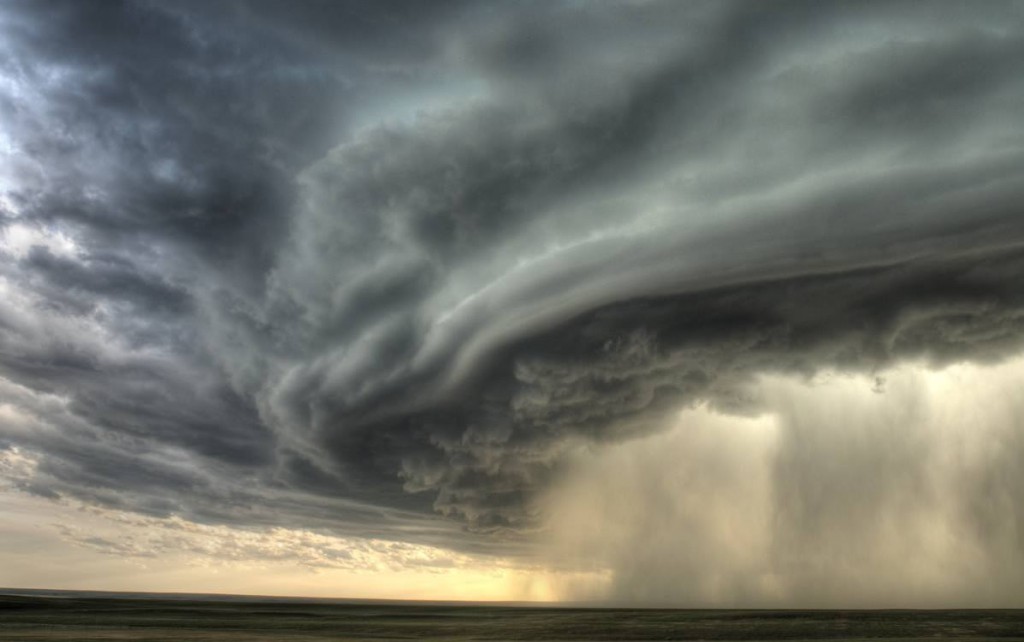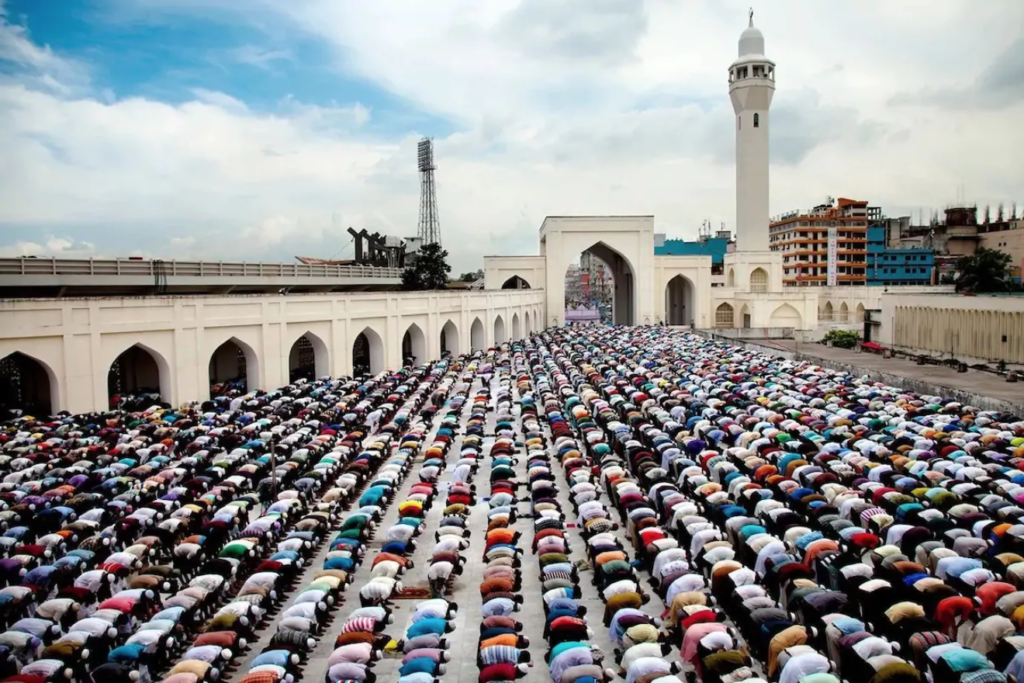
“Pour out Your indignation upon them, and let Your burning anger overtake them…add to them punishment upon punishment; may they have no acquittal from You. Let them be blotted out of the book of the living; let them not be enrolled among the righteous.” Psalm 69:24
“Wicked and deceitful mouths are opened against me…they…attack me…let him come forth guilty; let his prayer be counted as sin! May his days be few…may his children be fatherless and his wife a widow! May his children wander about and beg…let there be none to extend kindness to him…let curses come upon him!” Psalm 109:1-17
Passages like these have long been difficult for me. The first time I read one as a new believer I had to check the cover of my book to make sure I was still reading the Bible. Those prayers seemed so unlike the prayers Jesus taught us to pray.
I was comforted when I learned that Charles Spurgeon voiced similar discomfort in his commentary on Psalm 109 “Truly this is one of the hard places of Scripture, a passage which the soul trembles to read; yet as it is a Psalm unto God, and given by inspiration, it is not ours to sit in judgment upon it, but to bow our ear to what God the Lord would speak to us therein.”
Though these passages are difficult to grapple with, they have seemed more reasonable as we have come face to face with the pure evil of the ISIS militants who are ravaging Christians and non-Christians in and around the world.
These supposed ambassadors of god behead journalists on camera to taunt their families and gain political leverage. They kidnap young girls to rape, torture, and impregnate them for the glory of a false god. They tear young boys from the arms of their parents to brainwash them and force them to join their ranks as merciless killers. They attack peaceful people going about their daily lives. These terrorists are wicked and have no intentions of stopping their bloodthirsty conquest until they have conquered the world.
As I hear again and again of their merciless violence, I am deeply grieved and moved to prayer.
We Must Pray
We must pray for those who are suffering—both Christian and non-Christian. Consider how to here.
We must also pray for God to intervene. “Oh, let the evil of the wicked come to an end…” (Psalm 7:9).
Few would argue against asking God to stop these violent people. But can we go further in our prayers?
Can we pray the prayer of Asaph in Psalm 74:10–11 “How long, O God, is the foe to scoff? Is the enemy to revile Your name forever? Why do You hold back Your hand, Your right hand? Take it from the fold of Your garment and destroy them!”
Make them stop scoffing? Yes!
Why don’t You do something? Yes.
Pull out Your fist and drive it into their nose? Yes?
Destroy them….?
How far can New Testament Christians go in their prayers against the wicked men who ravage God’s people and their neighbors?
Prayers for Punishment
The “Imprecatory Psalms,” as they are called, are prayers in which imprecations (curses) are called down upon uniquely evil men. The most prominent imprecatory psalms are Psalm 35, 58, 59, 69, 109, but the language of calling for punishment on evil people is sprinkled throughout the Old Testament psalms and prophets (cf. Jeremiah 18:19-23).
Though Old Testament theology of the afterlife is a bit murkier than what we find in the New Testament, we must know that this kind of prayer is not just a prayer for God’s enemies to be stopped. This is a prayer for God to kill them. This is very serious because the Bible is clear that if someone dies as God’s unrepentant enemy, they will forever be under the wrath of God in hell (John 3:36; 1 Thessalonians 1:9-10; Revelation 14:11).
Can Christians pray for this? Can Christians pray imprecatory prayers against evil people in the same way David and Asaph prayed?
Some answer this question with a “no” by saying that these prayers were only permitted in the Old Testament and in their unique historical contexts. We certainly acknowledge that it is dangerous to jump from King David’s divinely inspired prayers to our personal application. We must look to Christ as the fulfillment of these psalms and then seek to apply them. This does not however mean that there is no application.
One relevant passage is Luke 9:51-56 where we find James and John coming from a city that rejected the Gospel and they asked Jesus “Lord, do you want us to tell fire to come down from heaven and consume them?” Jesus “turned and rebuked them.” His rebuke certainly wasn’t because He was opposed to bringing judgment on unrepentant sinners (Luke 19:27), but likely because their first impulse was punishment rather than patient hope for repentance.
But I don’t think that means calls for punishment are always unacceptable.
In the New Testament, we see the imprecatory psalms quoted by Jesus (Psalm 69:9 in John 2:17 and Psalm 35:19 / 69:4 in John 15:25), Luke (Psalm 69:25 and 109:8 in Acts 1:20) and Paul (Psalm 69 in Romans 11:9-10, 15:3). Jesus also makes provision in “The Lord’s Prayer” for us to ask God for His kingdom to come, which includes destroying the godless kingdoms of this world (Matthew 6:10).
And most clearly, we see Christian martyrs pleading for justice to fall on those who took their lives in Revelation 6:9-11 “When he opened the fifth seal, I saw under the altar the souls of those who had been slain for the word of God and for the witness they had borne. 10They cried out with a loud voice, “O Sovereign Lord, holy and true, how long before you will judge and avenge our blood on those who dwell on the earth?” 11Then they were each given a white robe and told to rest a little longer, until the number of their fellow servants and their brothers should be complete, who were to be killed as they themselves had been.”
How amazing is it that slain saints in heaven are not praying for God to give mercy to their killers, but they are calling for justice? This kind of prayer reminds us that God can be trusted to bring justice on the wicked. This is a good thing, and He will be just as glorified in bringing justice against sinners as He will be in extending mercy to them (Romans 9:13-23). Does this mean we should be excited to pray for wrath to fall on terrorists? No, I don’t think so.
Prayers for Mercy
Jesus taught us many revolutionary truths, one of them being that we are to “love your enemies and do good to those who hate you, bless those who cruse you, pray for those who abuse you.” (Luke 6:27-28). He also commanded us to “pray for those who persecute you” (Matthew 5:44) and then modeled it when He prayed “Father, forgive them” while hanging on the cross (Luke 23:34).
This call for followers of Jesus to ask God to give mercy to their enemies is echoed in Romans 12:14 where Paul says “Bless those who persecute you; bless and do not curse them.” This of course doesn’t mean Christians don’t care about evil, but rather we choose to “never avenge yourselves, but leave it to the wrath of God, for it is written, “Vengeance is mine, I will repay, says the Lord” (Romans 12:19; cf. 2 Timothy 4:14).
Does this mean Christians should only pray prayers of mercy and never prayers for judgment? No, I don’t think so.
How Prayers for Punishment and Mercy Meet
How should we pray about extraordinarily violent and wicked people like ISIS terrorists? Should we pray for mercy or for punishment?
1. Pray first and enduringly for mercy.
Jesus meant what He said when He told us to pray for our enemies. We are to perseveringly ask the Lord to shower mercy on these people. David, who wrote many of the imprecatory prayers, showed mercy to his enemies (Psalm 35:12-14). And Jesus who fulfilled the imprecatory prayers certainly did.
In fact, through His death on the cross, Jesus received the imprecations (curses) that His enemies deserved. As Galatians 3:13 reminds us “Christ redeemed us from the curse of the law by becoming a curse for us—for it is written, “Cursed is everyone who is hanged on a tree.” What a glorious thought! Jesus took on Himself the curse of God’s wrath that sinners deserved so that those who would repent and believe in Him might receive mercy rather than punishment.
This means that as Christians, we must first and foremost pray for violent, evil, brutal barbarians to be awakened from their sin and made alive in Christ. We must plead for savages to know salvation.
Is that difficult for you to ask of the Lord? It is for me. But we must seek grace here. We must plead for God to guard us from falling into the same sin that led Jonah to flee from God when he was asked to proclaim the Gospel to a people just as wicked as modern day ISIS terrorists. Jonah Himself said “O Lord…that is why I made haste to flee to Tarshish; for I knew that you are a gracious God and merciful, slow to anger and abounding in steadfast love, and relenting from disaster” (Jonah 4:2).
Let us not despise seeing sinners receive mercy, no matter what they have done. We would do well to remember here that the Apostle Paul was once a terrorist on his way to kill Christians when Jesus intervened and extended him mercy. May He do that to for members of ISIS. May He transform not just one heart, but bring them all to repentance! He is able to do that, just ask ancient Nineveh (Jonah 3).
2. Be slow to pray prayers for punishment.
While we pray for mercy to come to sinners, we also pray for justice to come. The prayer for punishment should likely be one that is rarely used, and when it is used, used with great caution.
Some of us will be tempted to rush into this prayer without first pleading for mercy for our enemies. I trust Jesus would rebuke us as He did James and John (Luke 9:55). One way to humble our heart is to ask God to help us understand the depths of grace we have received from Christ.
We must remember that we who are in Christ were once blind in our sin. We must remember that the only reason we aren’t ISIS terrorists is because of the mercy of God (cf. Genesis 20:6). Reflect upon God’s mercy to you before you pray for His punishment to fall on others.
Though we should be slow to pray for God to destroy His enemies, there are extreme cases that may call for it. In a brief video titled Should Christians Pray Imprecatory Prayers John Piper said “I think I can imagine circumstances where…some contemporary form of the Gestapo is sweeping through your neighborhood. And is in the most brutal way wiping people out and killing people—I think “God stop them! Do whatever you have to do, stop them!…I want to say there may be a time when you are calling down God’s judgment on someone.”
I feel confident to say that unique events in history, like what we are seeing today in Iraq and Syria, can lead us to say “Lord, save them or stop them…but something has to happen. Convert them or kill them O God.”
I think this kind of prayer is a last resort. We are never to take vengeance into our own hands (Matthew 26:52; Romans 12:19), but plead for mercy (Matthew 5:44) and plead for justice (Revelation 6:9-11) knowing that if they will not repent, they will receive the justice of God’s wrath for eternity in hell. This kind of prayer flows not from a heart of hatred, but from one that knows no other possible way for these warriors to be stopped.
3. Guard your heart when praying for punishment.
Praying prayers for punishment should never be motivated by vindictiveness. We do not pray as vengeful hatemongers. Rather, we pray as people who need God to move in mercy—or in justice.
If we do pray these prayers, I do not recommend naming names in prayers, though calling for groups, like ISIS to be removed from existence is, I think, acceptable.
To help guard our hearts from a dangerous posture of hate, we should allow our prayers to be guided by truths from God’s Word. Here are some examples:
- Father, honor your Name that it may no longer be mocked by these evil men. Give them mercy or give them justice, but act for Your Name sake (Psalm 10:11, 74:10, 139:19-22; Micah 7:10).
- Father, let the world see Your justice and do not allow evil to strut around any longer (Psalm 58:10-11).
- Father, stop these wicked men that worship of You might be unhindered and uncorrupted (Psalm 69:9; John 2:13-17).
- Father, convert or crush these men that You might be praised for the way You deliver Your people (Psalm 7:17, 35:18, 28).
- Father, make Your people know that you are faithful to defend them so they will not lose heart (Psalm 69:6).
- Father, defeat Your enemies so they may see that You alone are worthy of worship (Psalm 83:16–18).
Whether you agree with my conclusions or not, we must all remain vigilant in prayer. We must plead for God to intervene. As we do this, we do not pray hopelessly because we know that one day soon the Lord will return to rescue those who have hoped in Him (2 Timothy 4:8), raise those who have died in faith (1 Corinthians 15:51-55), and crush all those who have opposed Him (Revelation 19:11-21).
Come Lord Jesus, come.
Other resources for your study:
- John Piper has an excellent message on Psalm 69. In the end, he counsels us not to pray imprecatory prayers, but has excellent Christ-centered application.
- J. Carl Laney wrote a helpful scholarly article in Bibliotheca Sacra entitled “A Fresh Look at the Imprecatory Psalms.”
- Sam Storms gives straight-forward pastoral counsel about these psalms in his article “Those Troubling Psalms of Imprecation.”
- Bob Deffinbaugh’s exposition of Psalm 109 gives a thorough consideration of imprecatory psalms and is also worth a look. He concludes that we can pray these kinds of prayers.





